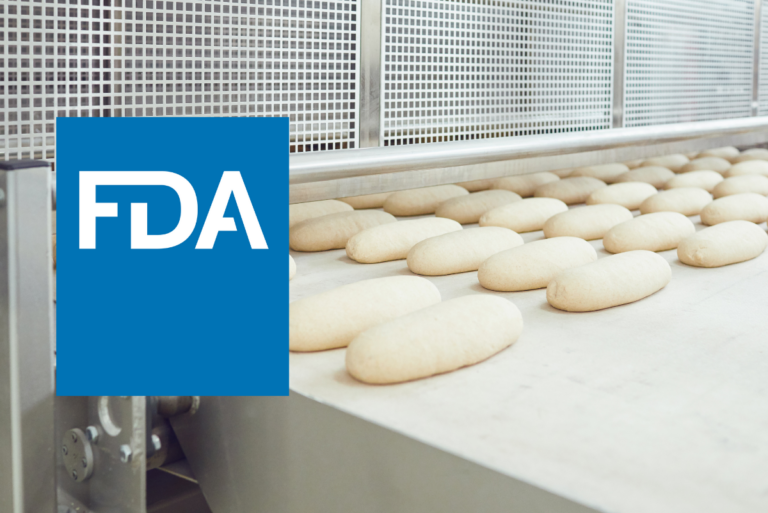LAS VEGAS — When the FDA extended the FSMA Rule 204 compliance date from January 2026 to January 2028, there was a collective sigh of relief across the food industry. Ingredient suppliers and manufacturers need more time to determine the best way to align every stop along the intricate supply chain to meet the requirements of the Food Traceability Rule.
The delay also provided more time for additional conversations around food safety and traceability. The International Baking Industry Exposition (IBIE)’s education program featured several sessions on the topic, including Food Safety and Traceability, offered by Earl Arnold, global manager for food defense and the Food Safety Modernization Act at AIB International.
Arnold alerted attendees to a handful of current traceability-related food safety trends they should take into consideration as they worked to build or enhance their programs.
“Digital traceability systems like blockchain and cloud-based platforms are increasingly used to create transparent and mutable supply chain records,” he said. “These systems play a vital role in tracking ingredients and products from processes across the entire supply chain. Cloud-based systems, in particular, allow companies to collect and share traceability data across all sites and all partners.”
Another food safety trend garnering increased attention is the use of AI to gather predictive analytics.
“Predictive analytics can help manufacturers and regulators anticipate risks,” Arnold said. “They help companies identify their trouble areas and take action to improve their traceability systems to maximize information in the event of a recall.”
Arnold also identified enhanced supplier verification programs as an emerging trend.
“An improved supplier program is a strong foundational prerequisite most facilities need to verify their ingredient suppliers are well-managed,” he said. “Best practices for how to do this have been continuously talked about in the industry.”









